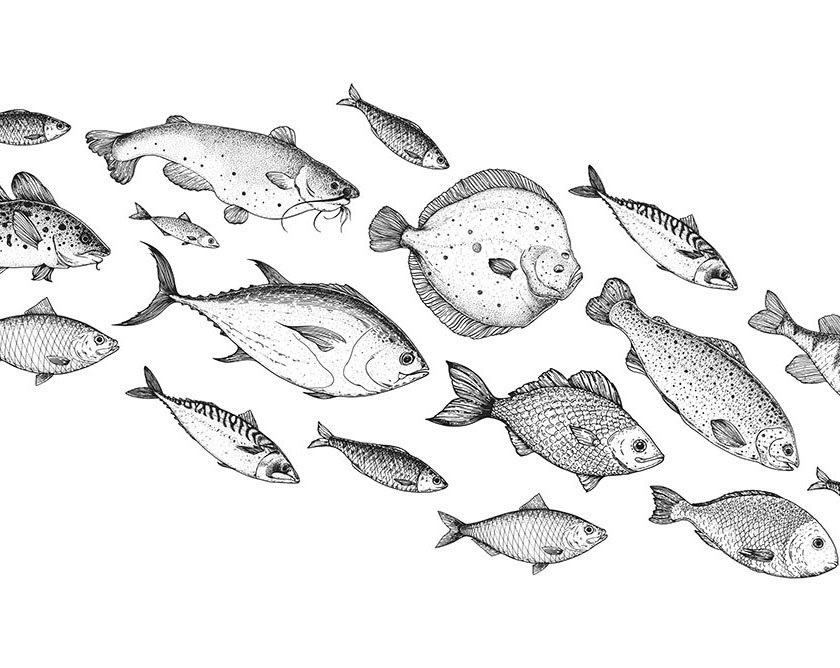Your Traffic Makes Inferences Based On Your Appearance And Is Always Looking For A Reason To Leave
‘Flash Is Cash’ is the expression that summarizes this phenomenon. Like ‘The Halo Effect’ in psychology: we ascribe all sorts of positive attributes to people and businesses based on appearance. So, get crackin’ on improving how you look.

Imagine this: you and your partner are sitting on your porch, sipping coffee and making chatter to fill time as you anticipate the arrival of a new real estate agent.
You are about the meet the life-changing professional who will steward you through one of the more significant and determinative life passages.
It’s nothing but frogs in the nearby creek and and katydids that fill your Folgers Moment, when suddenly you hear a rumble and a pop up the street. You and your partner turn your heads to see a a rusted 1990’s Ford Taurus, emitting smoke, pull up to your home.
It’s right at the time the real estate agent was scheduled to arrive – but this can’t be her. Can it?
She exits the car straightens her coffee-stained suit jacket and grooms her mane.
She walks to her trunk to collect a canvas bag with papers sticking out of it, makes her way up your walkway, and greets you with a smile.
This first impression doesn’t inspire confidence. Sure, there are competent people who don’t appear competent. But much more frequently, it’s the case that people who are not competent, appear to be incompetent.
The same phenomena happens with your website.
If you have broken links, stock photos, no color scheme; if your copy is spare or uninspired; if you didn’t bother with fonts or any custom designs – you look less competent as it pertains to your line of business.
But in truth, if your website doesn’t appear professional, you will not be discovered on the Internet. Google will hide you, because they’re in the business of delivering relevancy and quality, and Google knows all.
These assumptions and brutal realities have little to do with the actual quality of the service or product you are offering. This real estate agent could be a highly competent and successful salesperson; it could be that she’s driving her second car because her fancy car is in the shop. There could have been a fire at the cleaners and therefore she’s stuck wearing her second-string outfit. Maybe some idiot spilled coffee on her.
None of that matters much as you form impressions about her ability to competently represent your interests.
We make inferences about the success of people based on appearances. It’s a form of pattern recognition. Linking the new stimulus to experiences with that kind of thing in the past.
It’s human nature, and it’s not as superficial as you might think, and your traffic, your customers, are doing it to you.
People are pattern-recognizing machines. They are short on time, and they’re using heuristics, or semi-rational process shortcuts, to come to an assessment about quality. If you give them a reason to not choose you, they will accept that reason, and even be grateful that you have facilitated their decision.
If they come to your site, and it looks like you’re skimping – rightly or wrongly – they assume this is how you work.
If they come to your site, and it looks like you’re skimping – rightly or wrongly – they assume this is how you work.
They’re probably right – to some extent – to carry-over perceptions about superficial quality into assumptions about more substantial forms of quality. This is controversial, but true: while they don’t perfectly overlap, they do overlap a lot.
It’s actually not unfair to ascribe cognitive (competency) or judgmental deficits to those who don’t bother to look the part, or make themselves appealing.
A brain that doesn’t understand or care that people like pretty, that people like beauty, that people like professionalism, may well be suboptimal or deficient. This is a very reasonable inference, and we all make it.
Again, there are false positives, and false negatives, but these inferences, heuristics, and patterns matter.
In closing: your website isn’t just looks. It’s the entire experience: messaging, differentiation, copy, photos, graphics, navigation, information architecture, technical performance – everything. It’s useful content.
Designers can make things visually appealing, and spending money on good design is money well-spent, but people have to use your site. A thinking person with needs and questions has to interact and engage with it. If you have odd menu names, or a complicated taxonomy, or bad web copy (even if the site looks pretty), it hurts the perception of you.
Your website is, dollar-for-dollar, the most impactful aspect of your marketing operation, most of the time. All roads lead there. So, invest in a great site.





